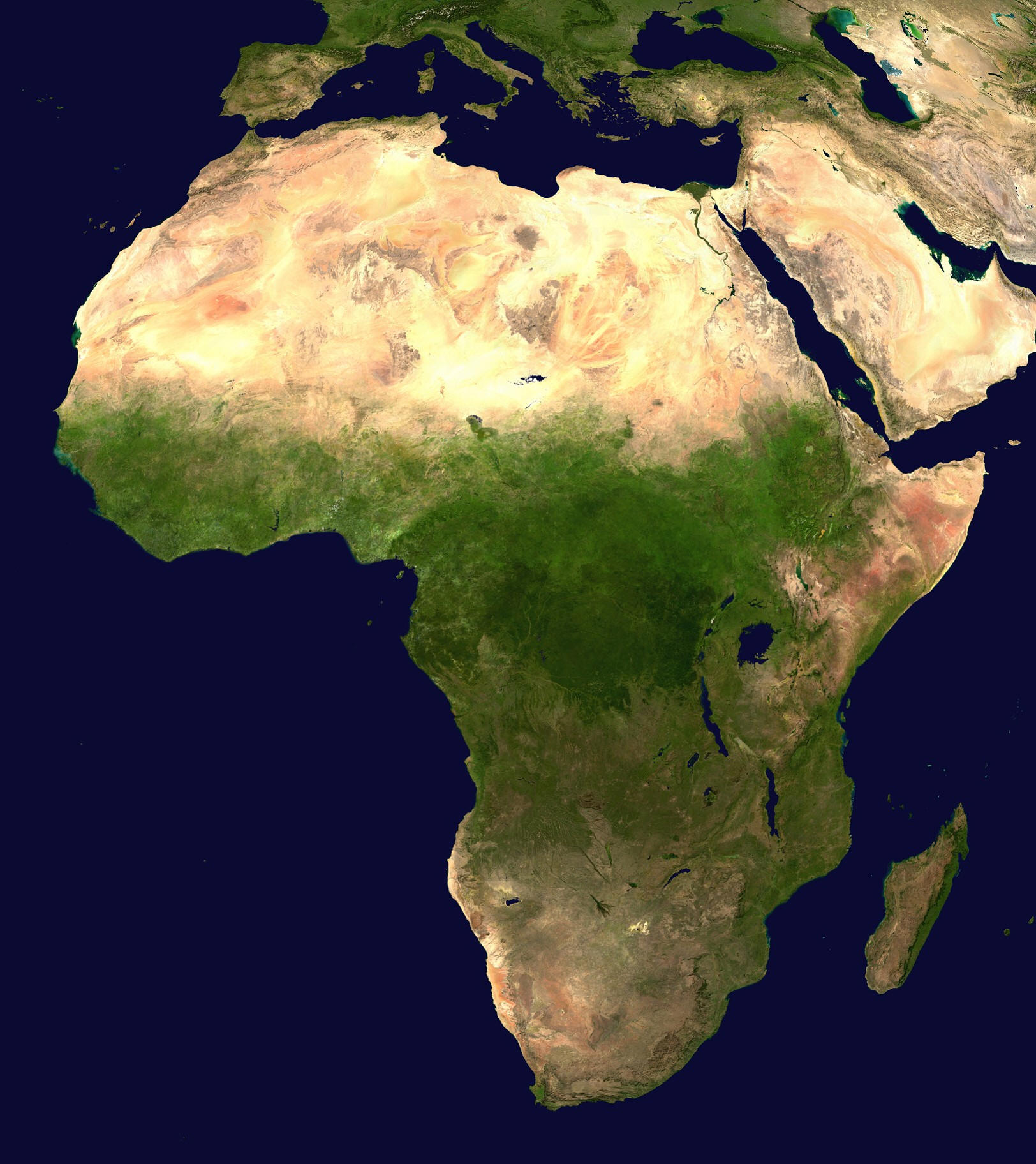
Africa had
a long history, which reveals growth, change, and interactions with the outside
world. It was a leading center of early human development. Africans created
technologies to adapt to their environment, established social relationships and
political societies, and they also contributed to the growth of material
civilization. Many states and kingdoms emerged, with complex political, economic
and social institutions. Historians have uncovered the history of early Africa
by relying on a wide range of sources.
1000 B.C. Many
parts of Africa were leaving the Stone Age Civilization behind them.
750 B.C. The city
of Carthage was established among the Berbers
350 A.D. Fall of Kush and the Rise of Aksum
1000 A.D. The
revival of Ethiopia by the Zagwe dynasty
1050 A.D. The
kingdom of Ghana reached the height of its power
1235 A.D. The
kingdom of Ghana was eclipsed by the rise of Mali
For centuries
after the fall of the Roman Empire, most Europeans had distorted and incomplete
notions about historical developments in Africa – at least Africa south of the
Mediterranean coastal regions. Myths abounded about the “Dark Continent,” as
westerners called it, due primarily to their own lack of knowledge about the
peoples or even the basic geography of the African interior. In the 19th
century, Europeans nicknamed the continent “the White Man’s Grave” because of
fast-killing diseases such as malaria, which hindered European exploration and
trade. In the last half century, however, the myths have been largely exploded
and the history of Africa has become a field for major research and
investigation. It is now clear that the patterns of human history have been the
same inside Africa as outside it – as elsewhere, the diverse peoples of Africa
have survived by adapting to the challenges of their environments. In the
process, many established states, both large and small; produced commodities for
long-distance trade; and interacted with peoples beyond their own borders, to
create a rich and varied cultural mixture.
